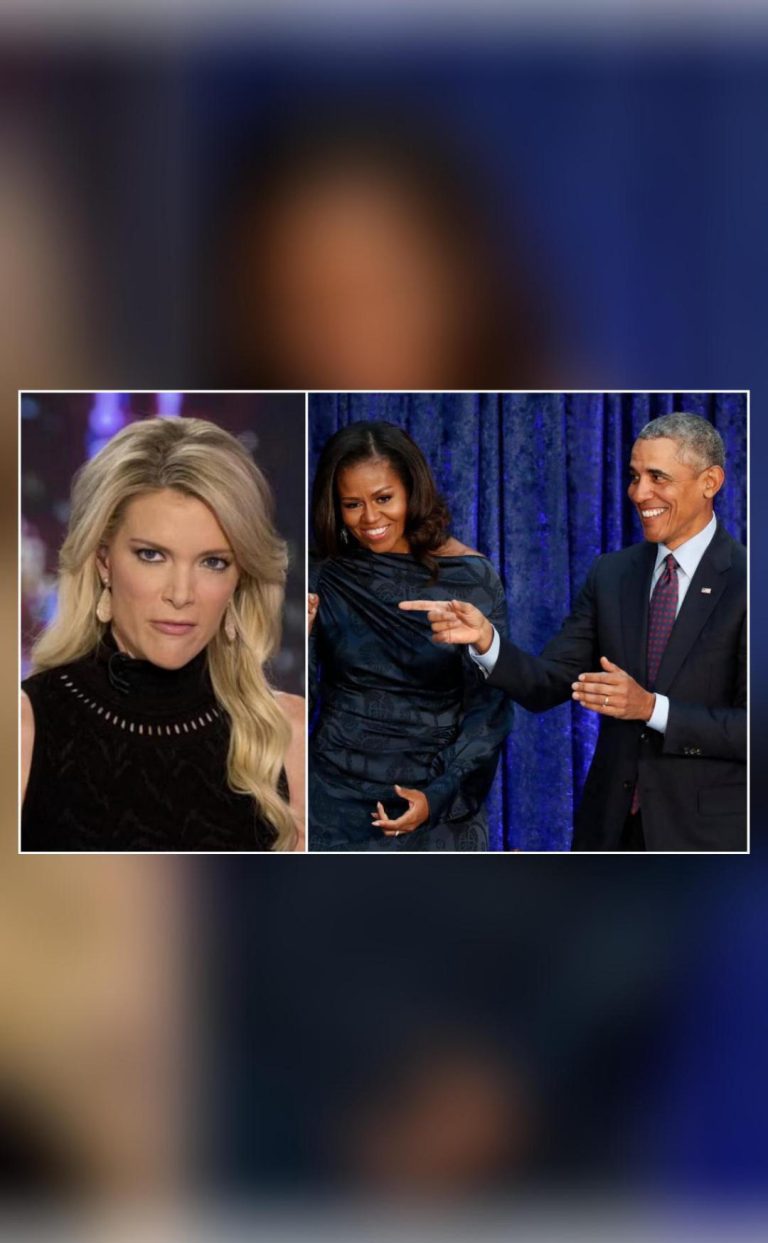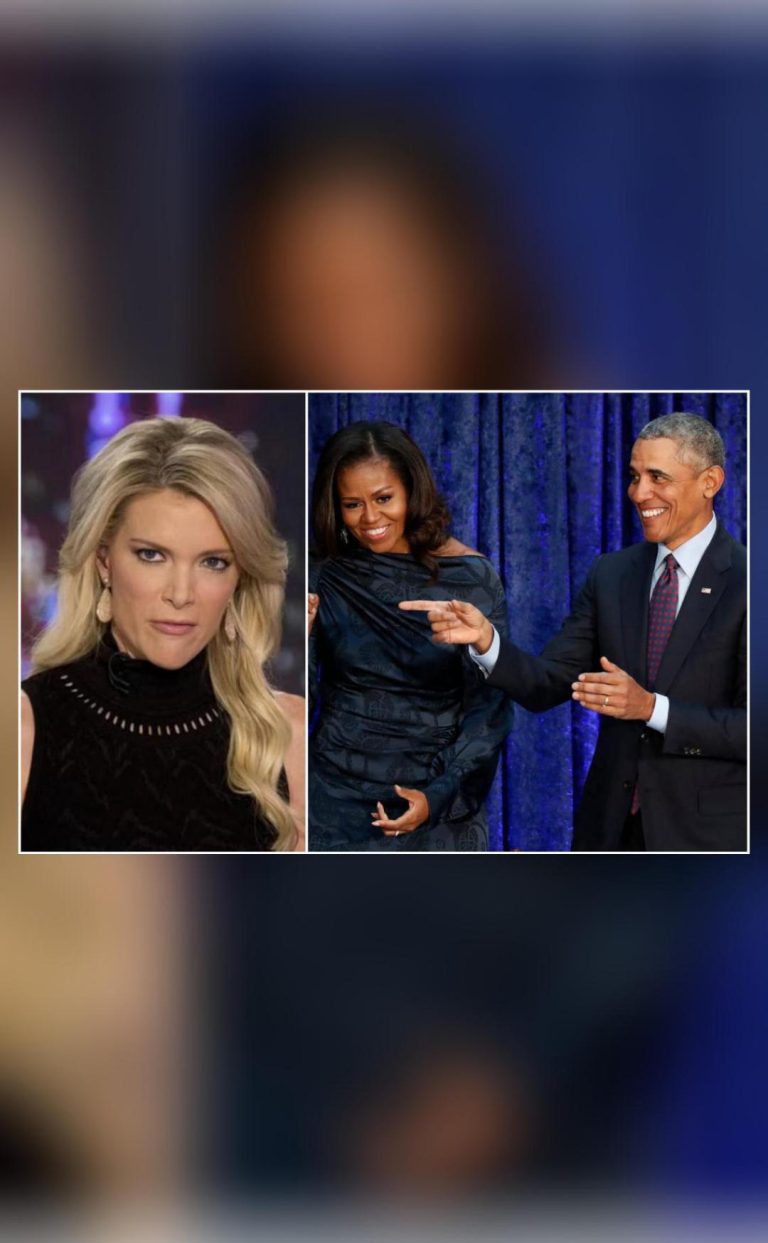
Actress Simran Criticises Jyotika Over Her Role in ‘Dabba Cartel’
The world of cinema is always filled with drama and controversy, and the latest spat between two popular actresses, Simran and Jyotika, is no exception. The tension between the two actresses began when Simran apparently criticized Jyotika over her role in the film “Dabba Cartel” at an award show.
According to reports, an actor, who wished to remain anonymous, texted Simran and shamed her for playing an “aunty role” in a film. In response, Simran delivered a scathing speech, which has since gone viral. During her speech, Simran said, “I felt it’s better to do aunty roles…and main aunty roles…and mother roles…rather than playing dabba roles and doing nothing.”
Simran’s comments were perceived as a dig at Jyotika, who has been playing motherly roles in several films, including “Dabba Cartel”. The actress’s remark sparked a heated debate on social media, with many interpreting her words as a criticism of Jyotika’s choice of roles.
However, Simran’s team has clarified that her comments were not specifically aimed at Jyotika, but rather a response to the actor who had texted her. According to sources, Simran was simply stating her opinion that playing strong, maternal roles is more fulfilling than doing “dabba” roles, which are often seen as less substantial.
Despite this clarification, the dust has not yet settled, and the controversy continues to make headlines. Jyotika has not responded publicly to Simran’s comments, but her fans have been rallying around her, defending her choice of roles and praising her for her dedication to her craft.
The term “dabba” is a colloquialism in the Indian film industry, and it refers to roles that are seen as minor or unimportant. In the context of Simran’s speech, she is suggesting that playing “dabba” roles is equivalent to doing nothing, implying that they do not offer the same level of fulfillment as playing more substantial roles.
Simran’s comments have sparked a wider conversation about the portrayal of women in Indian cinema. Many women in the industry have come forward to express their support for Simran, praising her for speaking her mind and challenging the status quo.
However, others have criticized Simran for her remarks, arguing that she is perpetuating a narrow and limiting view of what it means to be a successful actress. They argue that women in the industry should be free to choose their own roles, without being judged or criticized for their choices.
The controversy surrounding Simran’s speech has also raised questions about the lack of diversity in Indian cinema. Many films feature women in limited or stereotypical roles, and this can perpetuate harmful gender stereotypes and reinforce damaging gender norms.
In conclusion, the controversy between Simran and Jyotika is a complex and multifaceted issue, involving questions of identity, agency, and representation. While Simran’s comments may have been intended as a response to a specific individual, they have sparked a wider conversation about the portrayal of women in Indian cinema.
As the industry continues to evolve and change, it is essential that we prioritize diversity, inclusivity, and representation. We must create opportunities for women to play complex, multidimensional roles, and we must challenge harmful gender stereotypes and stereotypes of all kinds.
Ultimately, the controversy between Simran and Jyotika serves as a reminder of the importance of speaking our minds and challenging the status quo. By doing so, we can create a more inclusive and equitable industry, where all actors have the opportunity to thrive.






